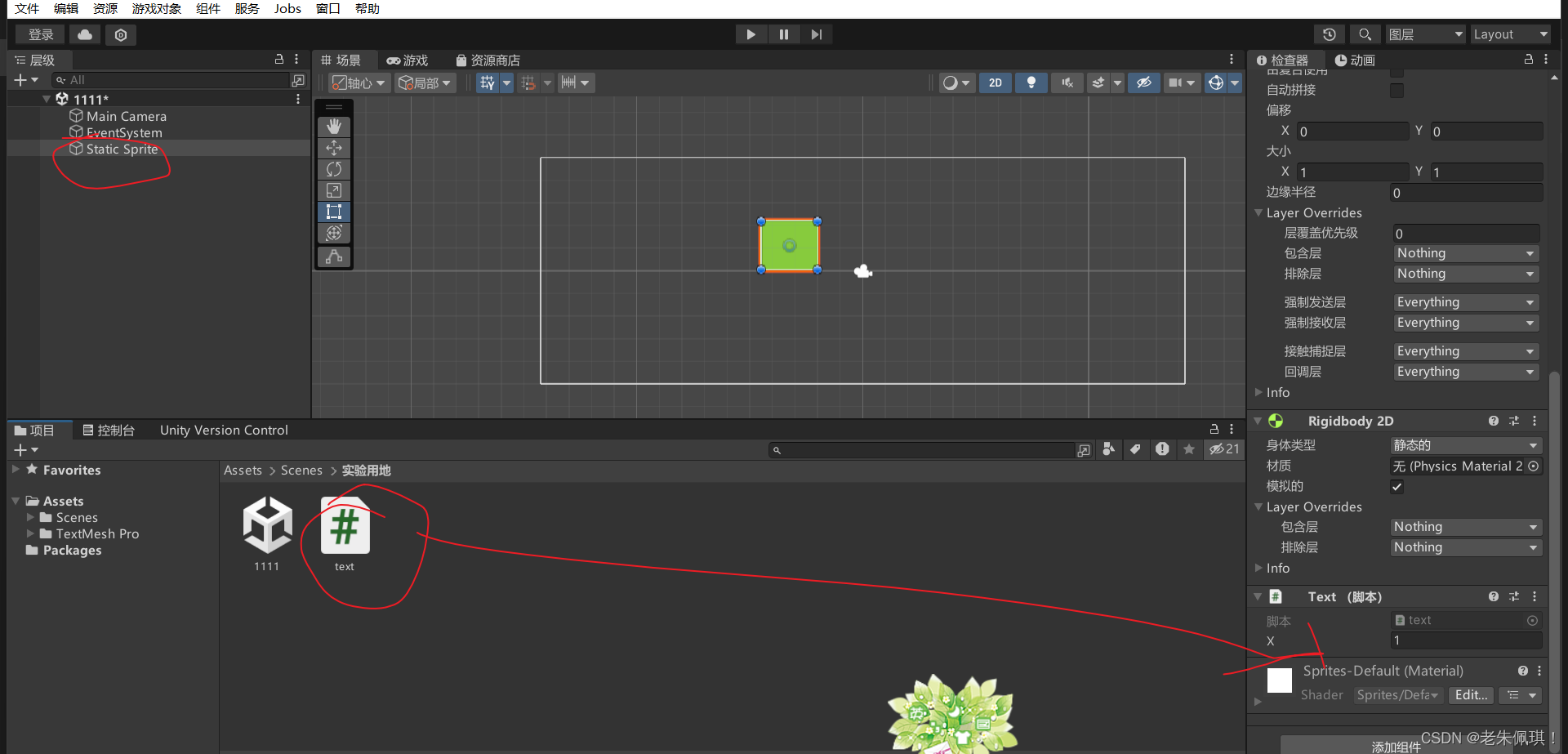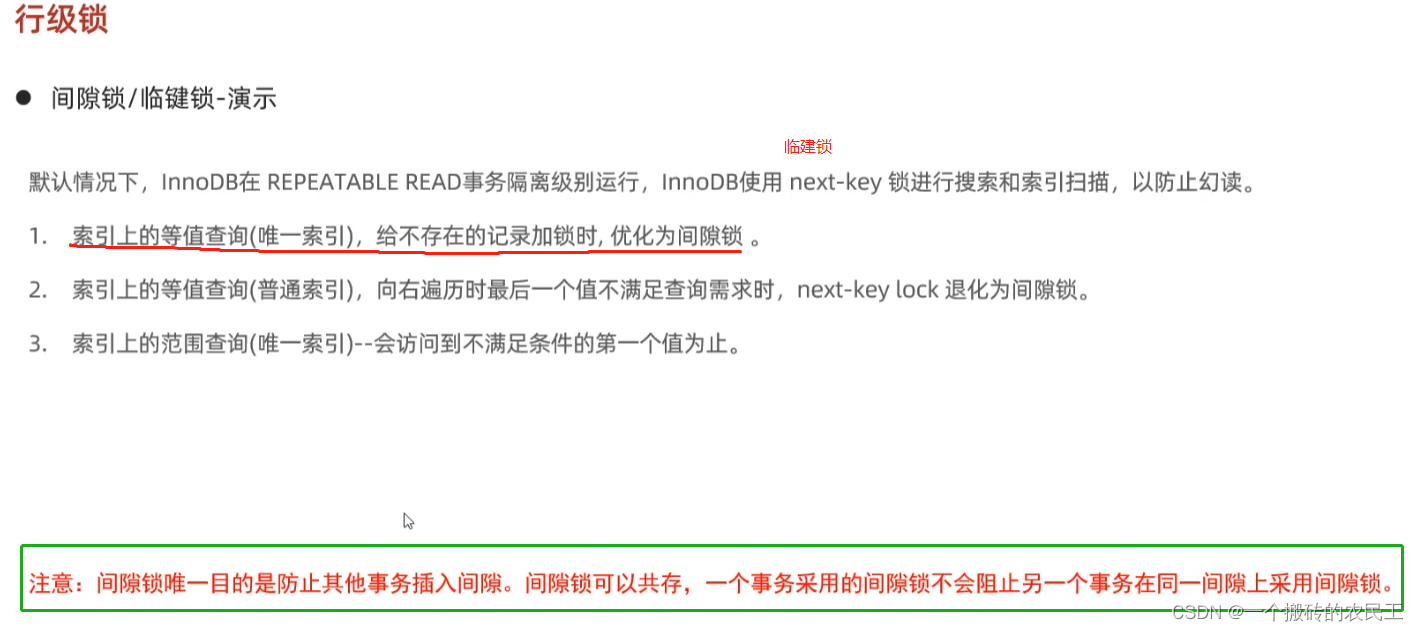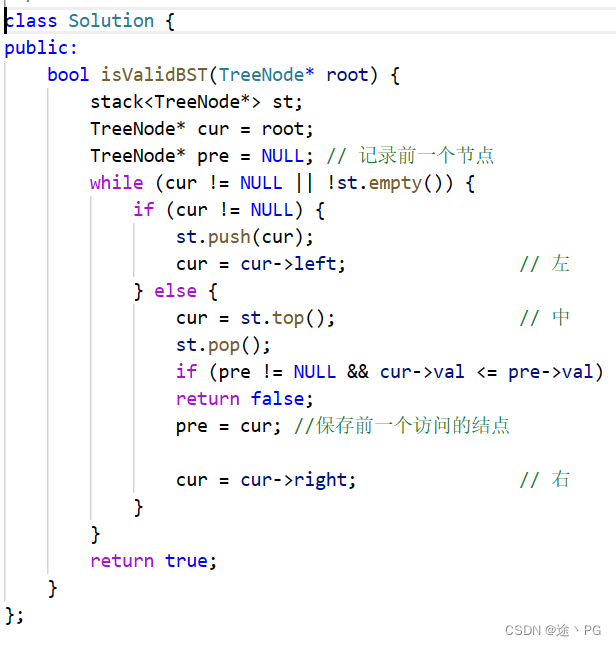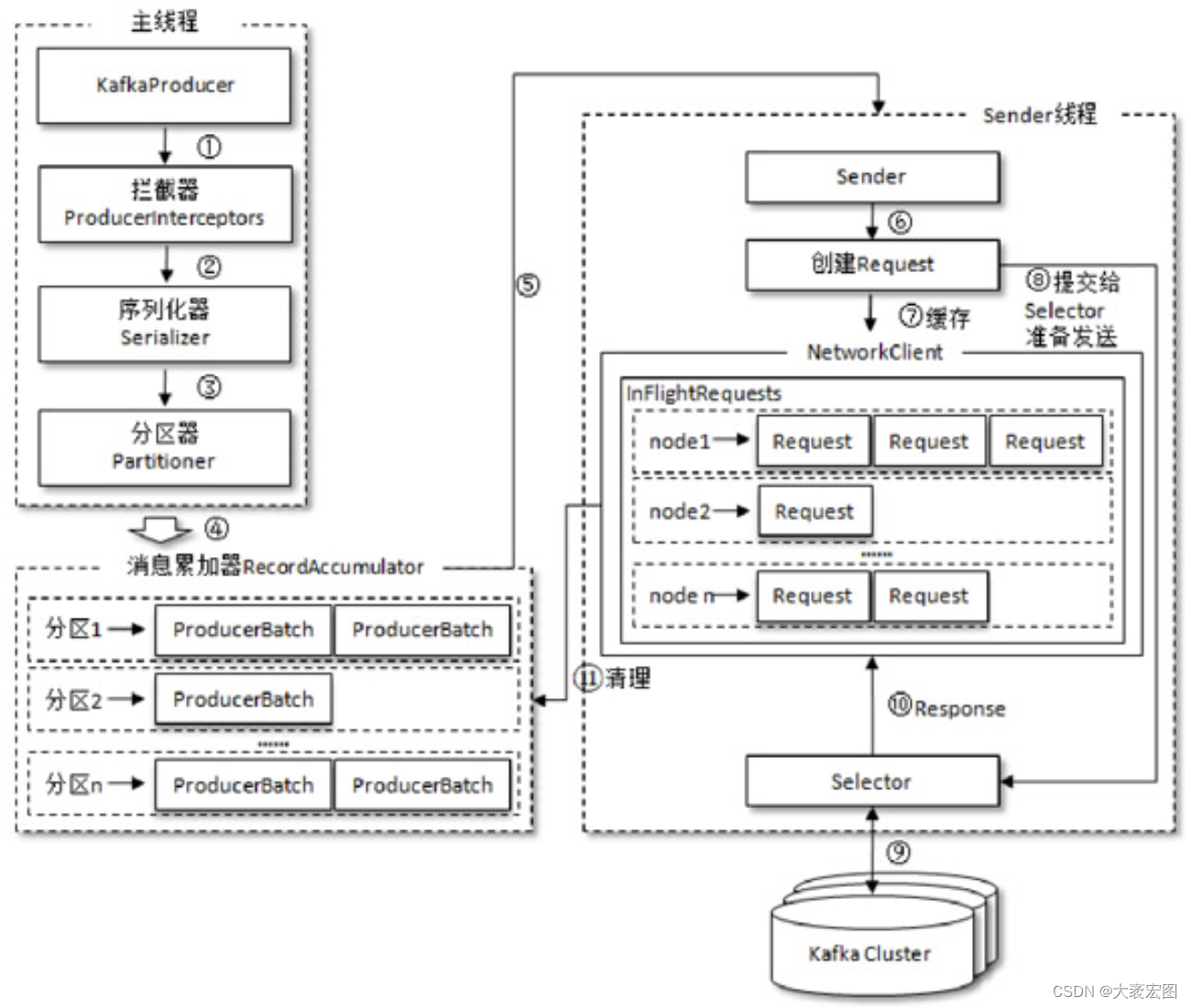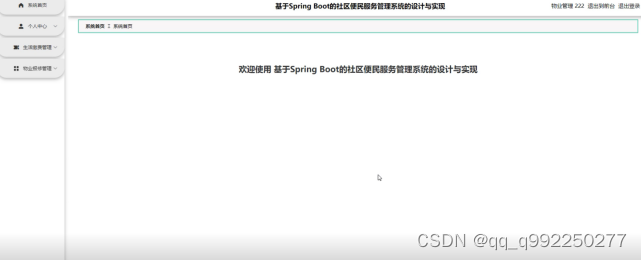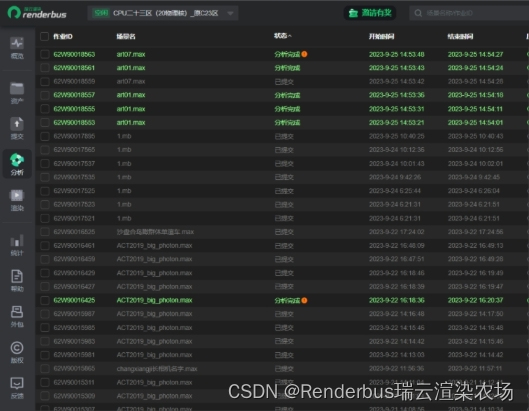自定义模块
module_exercise.py文件 data =100
def func01():
print("func01执行喽")
class Myclass:
def func02(self):
print("func02执行喽")
@classmethod
def func03(cls):
print("func03执行喽")exercise.py文件 # 调用方法1:"我过去"
# --适用面向过程
import module_exercise
module_exercise.func01()
myclass = module_exercise.Myclass()
myclass.func02()
module_exercise.Myclass.func03()
# 调用方法2:"你过来"
# --适用面向对象
from module_exercise import *
print(data)
func01()
myclass = Myclass()
myclass.func02()
Myclass.func03()
标准库模块
time模块
根据年月日计算星期
import time
tuple_week = ("星期一", "星期二", "星期三", "星期四", "星期五", "星期六", "星期日",)
def get_week_name(year, month, day):
"""
<根据年月日,计算星期>
@param year: int 年
@param month: int 月
@param day: int 日
@return: 例:星期二
"""
time_str = f"{year}年{month}月{day}日"
time_tuple = time.strptime(time_str, "%Y年%m月%d日")
week_index = time_tuple[6]
return tuple_week[week_index]
print(get_week_name(2024, 3, 14))
根据生日计算活了多天
def get_live_days(year, month, day):
"""
@param year: int 年
@param month: int 月
@param day: int 日
@return: int 活了几天
"""
tuple_local_time = time.localtime()
local_time_point = time.mktime(tuple_local_time)
str_time = f"{year}-{month}-{day}"
tuple_born_time = time.strptime(str_time, "%Y-%m-%d")
born_time_point = time.mktime(tuple_born_time)
live_senconds = local_time_point - born_time_point
live_days = live_senconds / 60 / 60 // 24
return f"从{year}年{month}月{day}日到现在总共活了{live_days}天"
print(get_live_days(2010, 1, 1))



